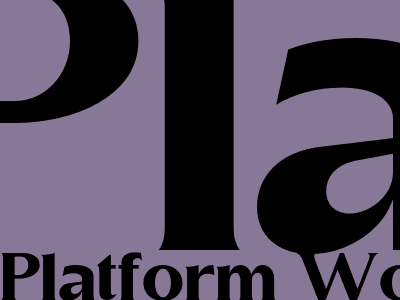
Platform Workers: A New Era of Labour Protection in Singapore
Introduction
With the rise of the gig economy, platform workers—individuals who earn income through digital platforms—have become a significant part of the labour force in Singapore. In recognition of the unique challenges and vulnerabilities faced by this group, the government has recently introduced a suite of measures to enhance their protection and well-being.
This article delves into the new labour protection framework for platform workers in Singapore, exploring key provisions and implications for both workers and businesses.
Key Provisions of the New Framework
1. Definition of Platform Work
The framework provides a clear definition of platform work, which encompasses services such as ride-hailing, food delivery, and online marketplace transactions. This definition ensures that platform workers are eligible for the protection afforded by the new measures.
2. Entitlement to CPF Contributions
In a significant move, platform workers will now be entitled to Central Provident Fund (CPF) contributions from their employers. This mandatory savings scheme provides retirement, healthcare, and housing benefits, offering a crucial safety net for workers.
3. Workplace Injury Protection
Platform workers will be covered under the Work Injury Compensation Act, which provides compensation and medical benefits in the event of workplace accidents or injuries. This保障s their financial and medical needs in case of unforeseen circumstances.
4. Dispute Resolution Mechanism
A dedicated dispute resolution mechanism has been established to address any employment-related issues between platform workers and their employers. This will provide an accessible and fair avenue for workers to seek recourse.
Implications for Platform Workers
The new framework represents a significant step forward in safeguarding the rights and ensuring the well-being of platform workers. Here are some key implications for this group:
- Enhanced financial security through CPF contributions
- Peace of mind with workplace injury protection
- Access to a fair dispute resolution mechanism
- Recognition and validation of their work as legitimate employment
Implications for Businesses
While the new framework imposes additional responsibilities on platform companies, it also benefits businesses by:
- Promoting a more stable and skilled platform workforce
- Ensuring compliance with labour laws and regulations
- Enhancing reputation and brand image as a responsible employer
Conclusion
The introduction of the new labour protection framework is a landmark development for platform workers in Singapore. By addressing key challenges and vulnerabilities faced by this growing workforce, the government has taken a proactive approach to promote fairness, equity, and sustainable growth in the gig economy. The framework sets a positive precedent for the recognition and protection of platform workers not only in Singapore but potentially other jurisdictions as well.